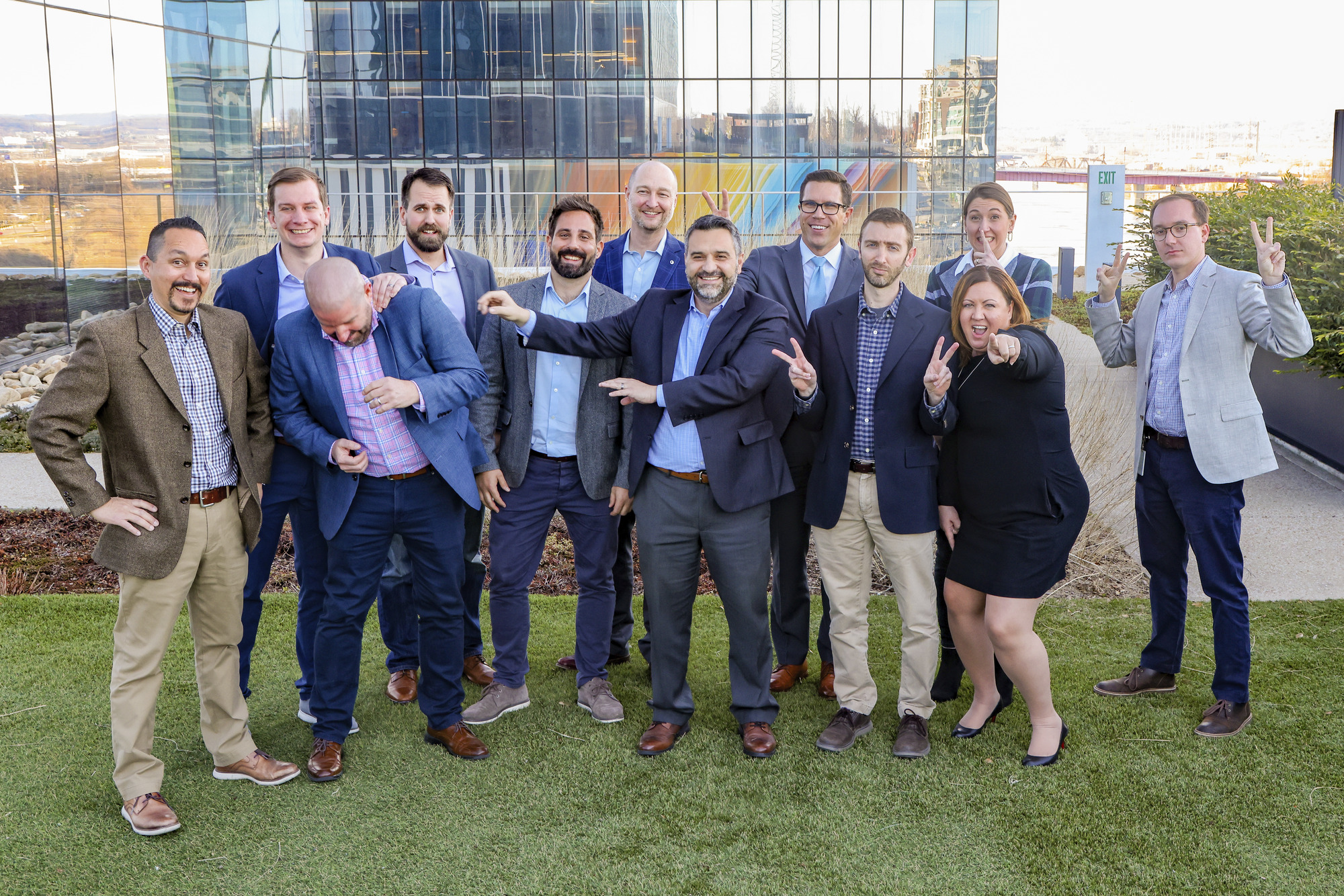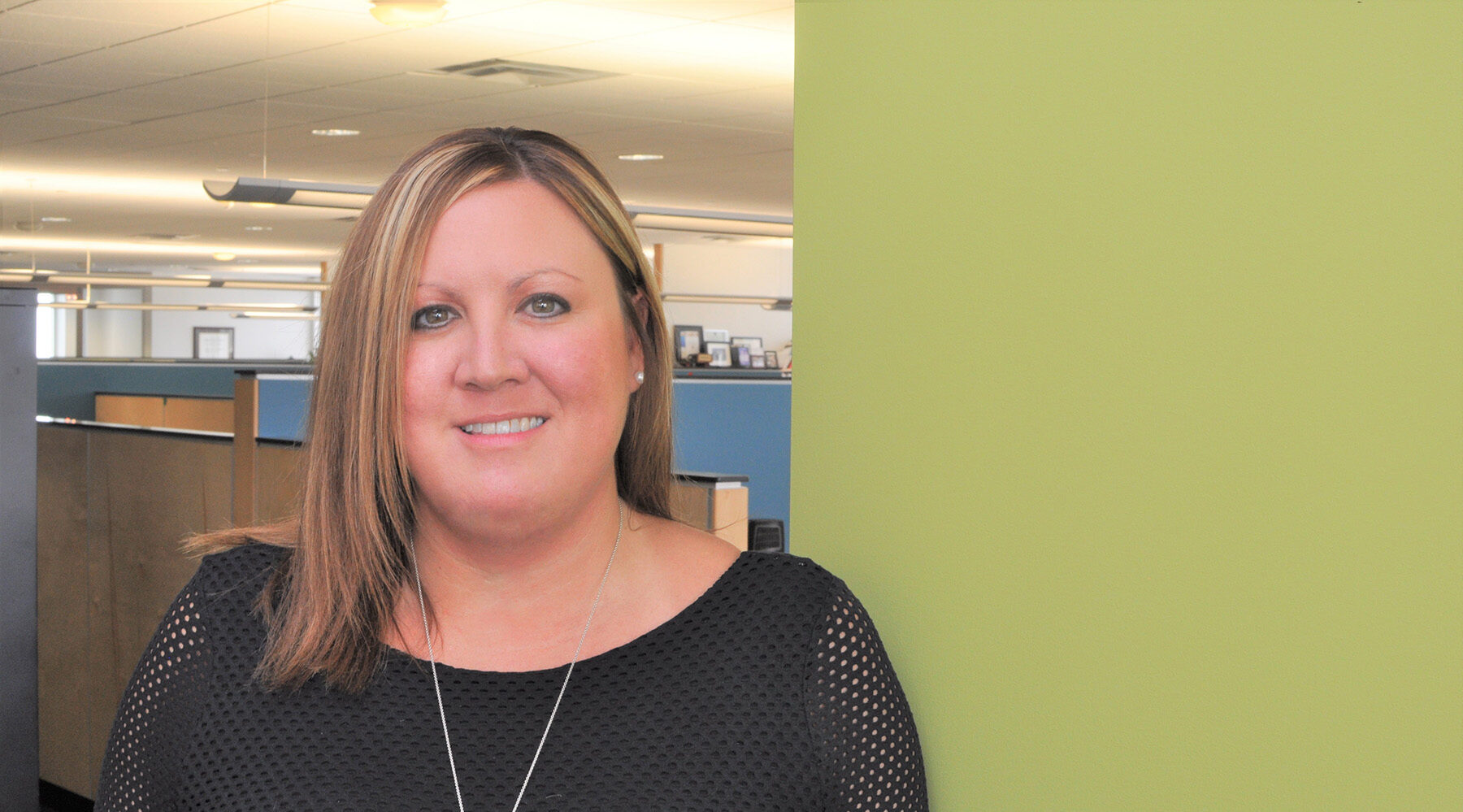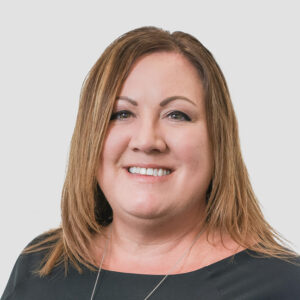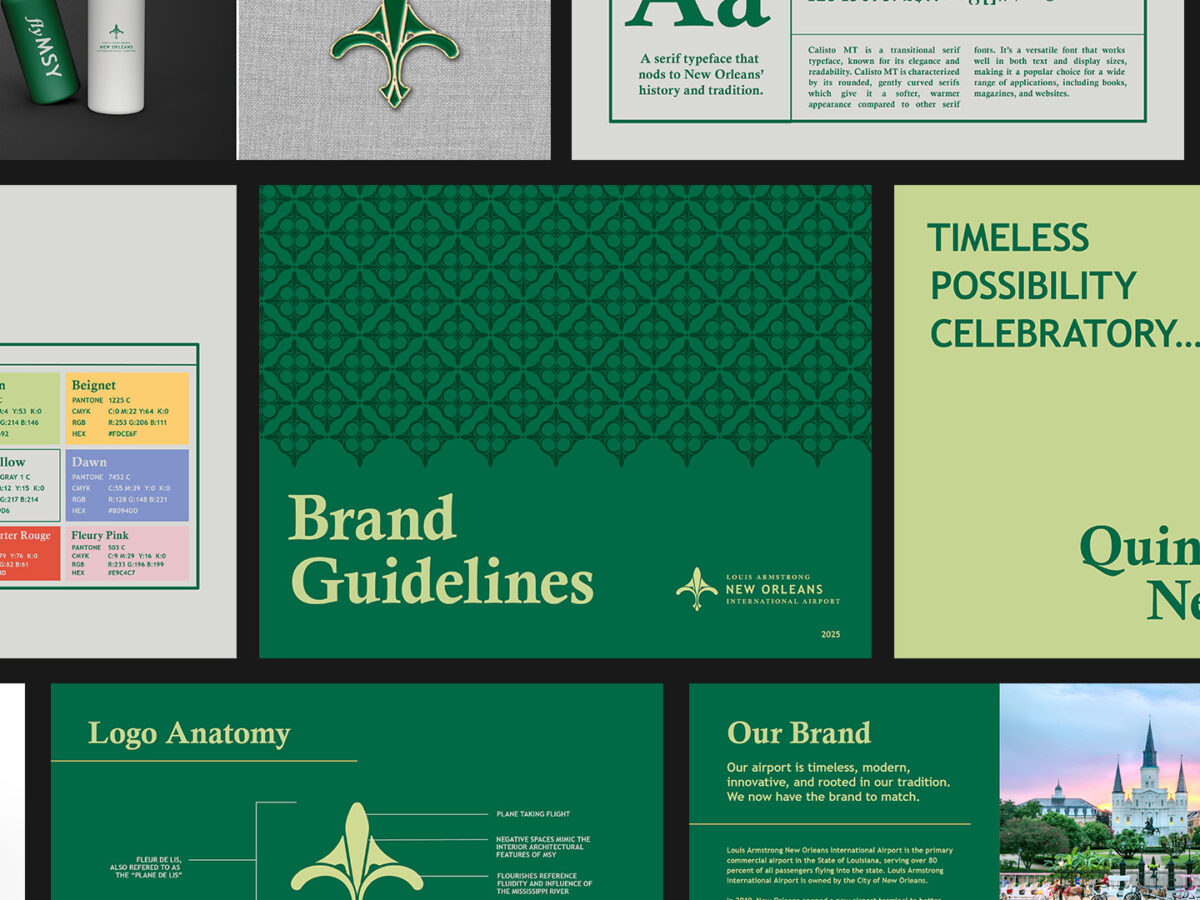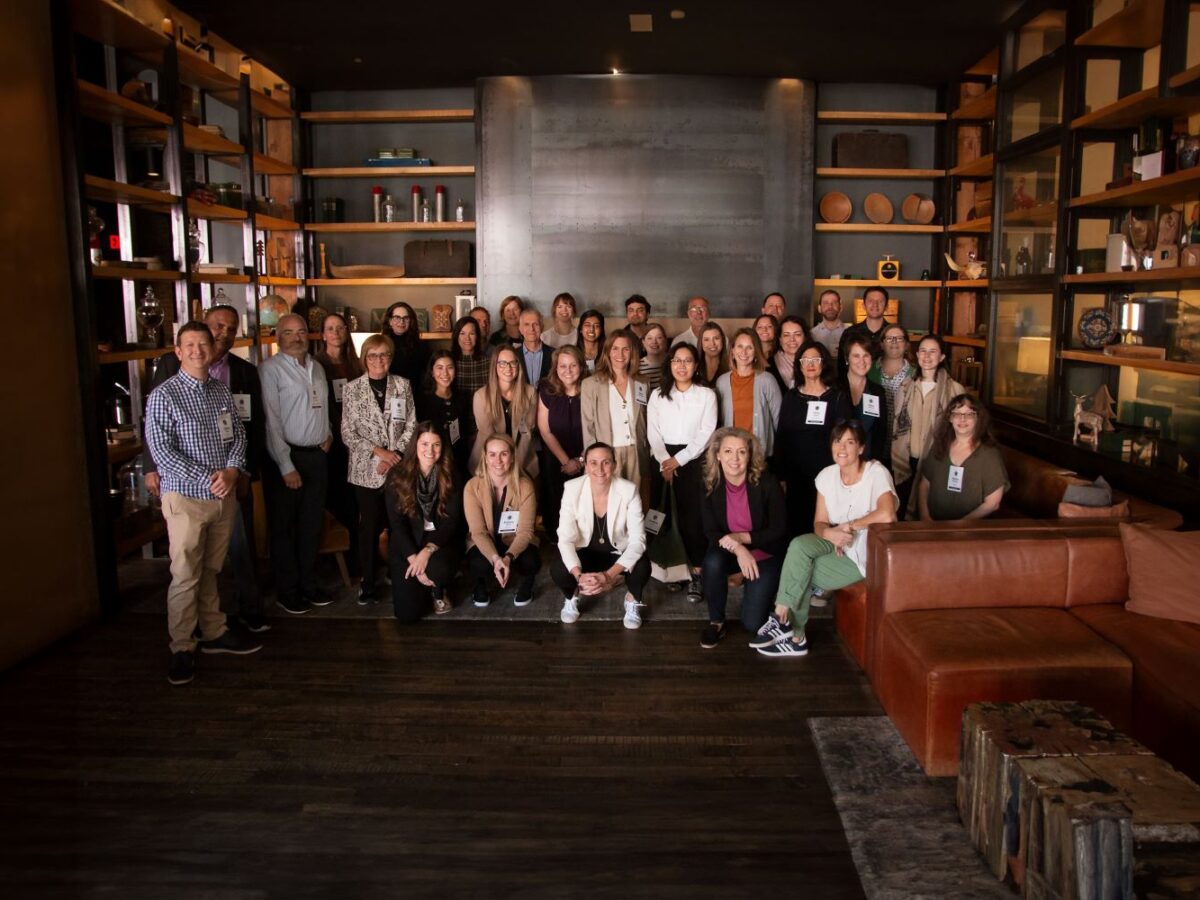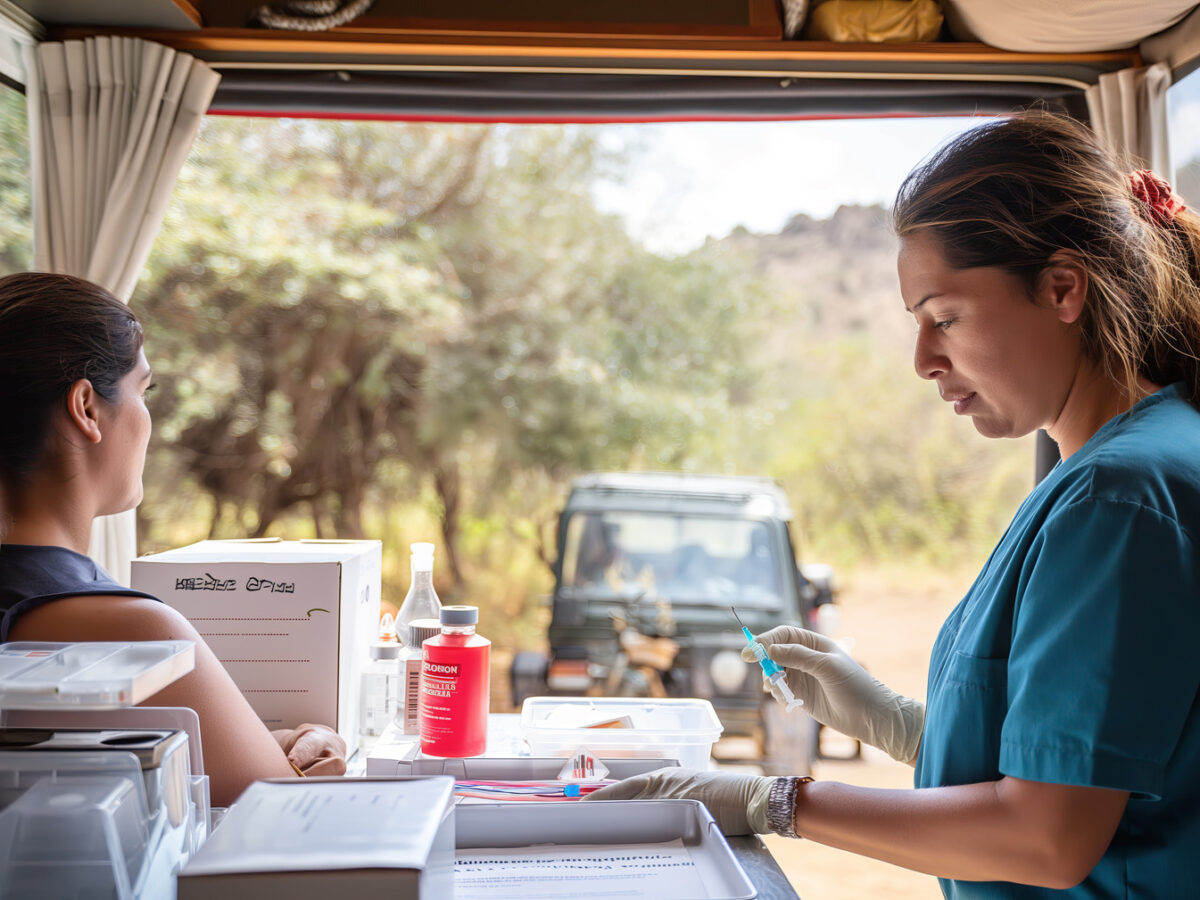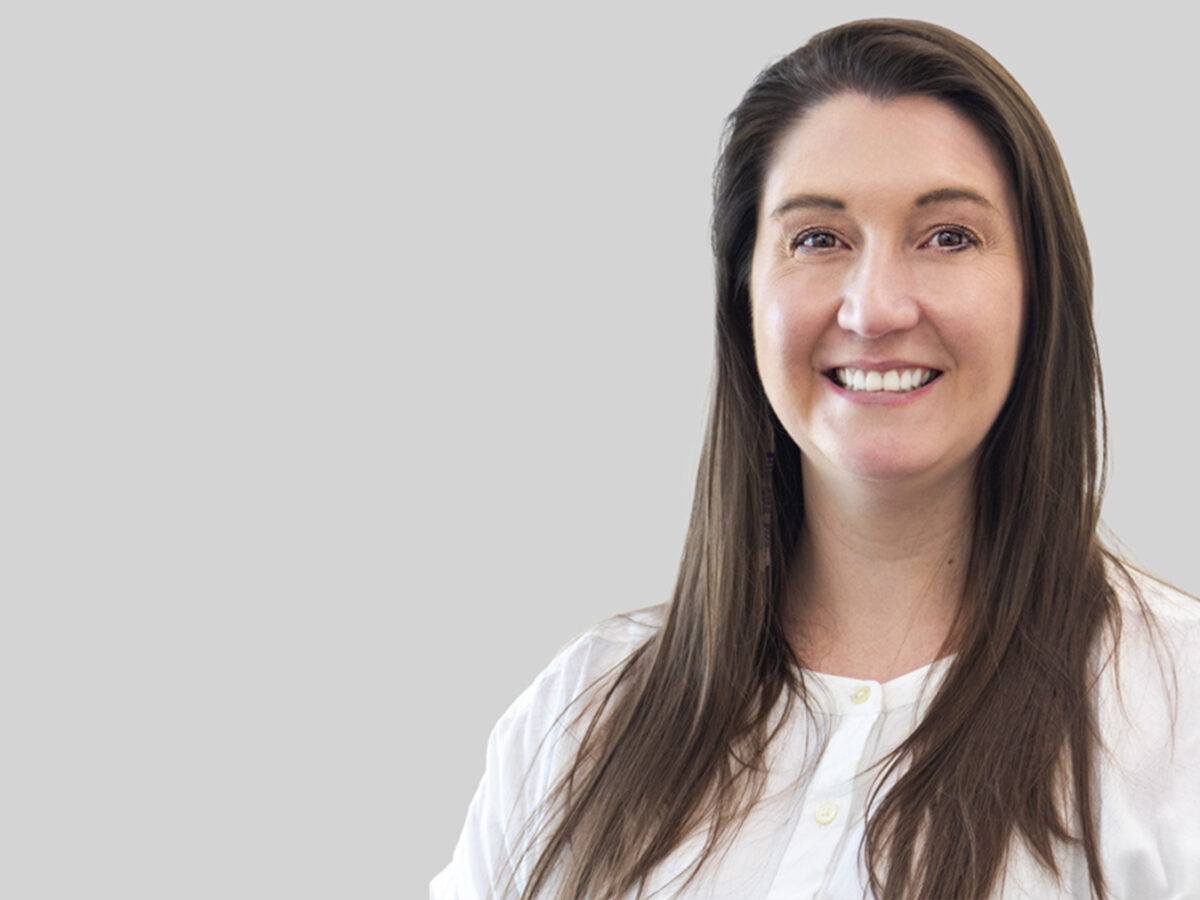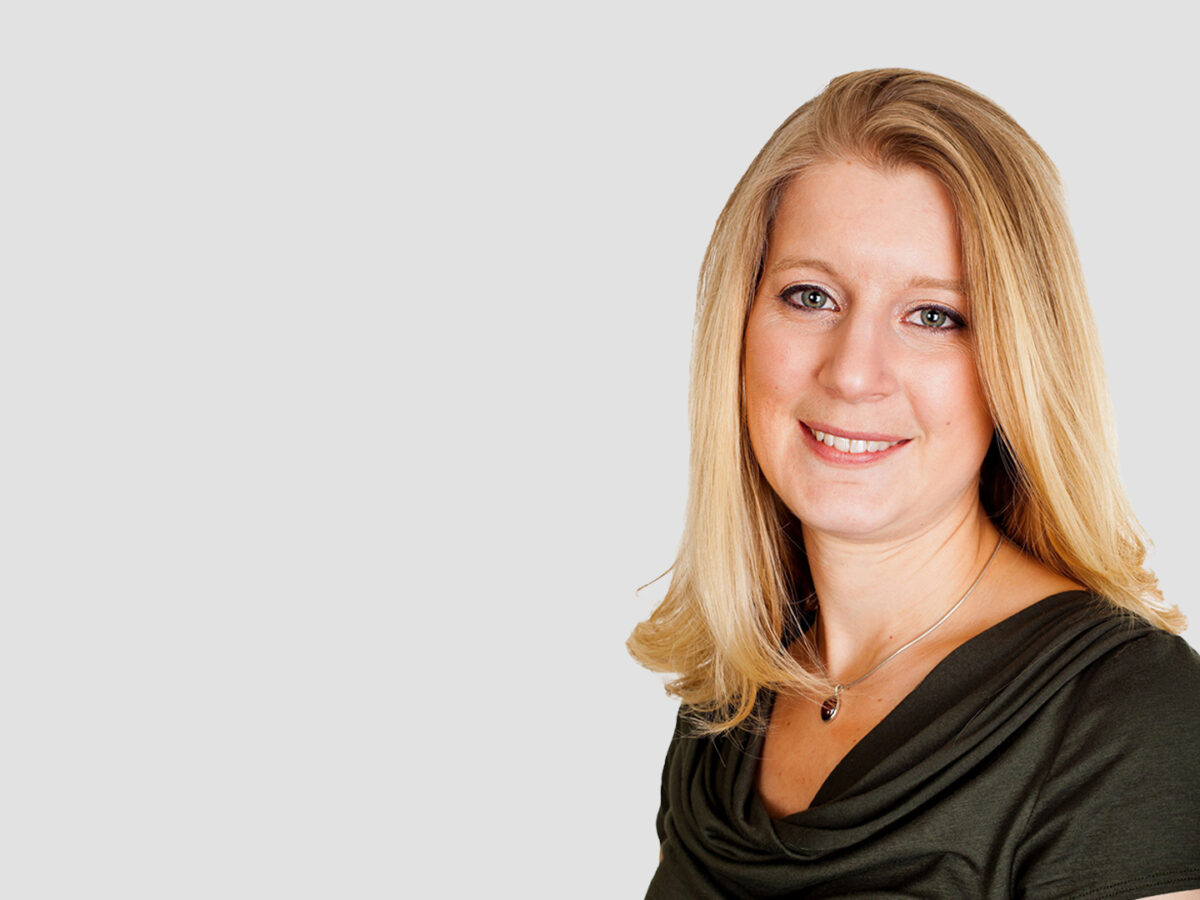Jessica Smith is chair of Gresham Smith’s Women’s Employee Resource Network (ERN) and a senior interior designer in the firm’s Aviation market. As we commemorate International Women’s Day—a global day celebrating the social, economic, cultural and political achievements of women—we thought we’d share some highlights of our recent conversation with Jessica in which she discusses her personal career journey, our Women’s ERN and more.
What does International Women’s Day mean to you?
Jessica Smith: To me, it marks an important day where we should all “hit the pause button” and celebrate women—not only in our industry but in society as a whole. In many cases, we have walked a different path from our counterparts and we all need to take a moment to acknowledge how far women have come while also being cognizant of how far we have to go.
Have you faced any barriers in your career because you’re a woman?
Jessica: Only a perceived barrier. Historically, women have been considered the caregiver in relationships, and there were times in my career, in multiple jobs, when it was anticipated that at some point I was going to leave my job to have a child. But that was never a part of my personal goals or journey. So, having that automatically assigned to me—whether it was negative or positive—was frustrating.
I think a lot of women go through that, especially earlier on in their careers. I have to say that I’ve had some very heartwarming, enlightening and encouraging conversations with leadership at Gresham Smith about this stigma that so many women continue to face in the workplace.
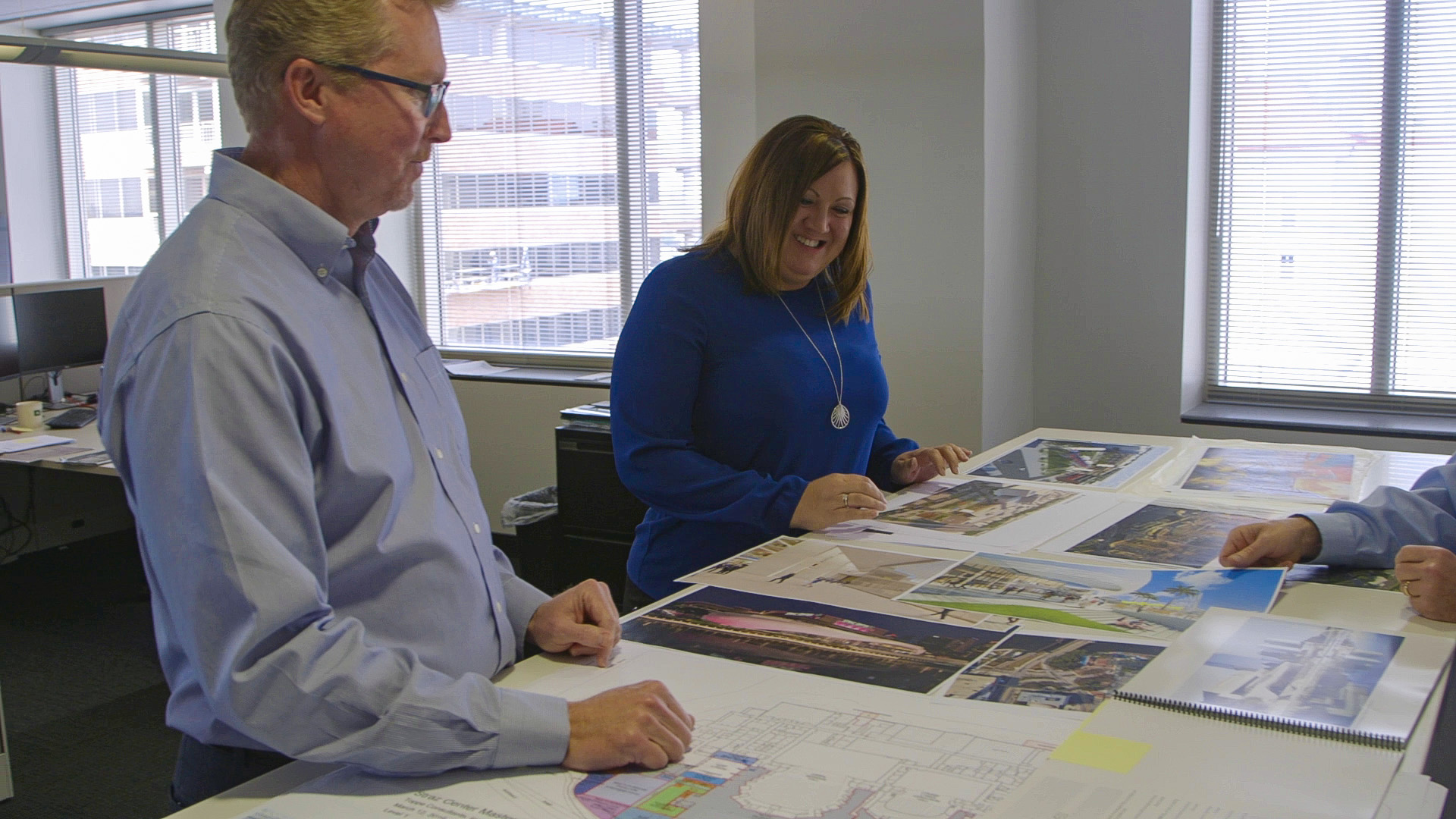
What motivated you to choose a career in interior design?
Jessica: Around the third grade, I remember telling my parents that I was going to be an architect. Like many kids, I fell in love with LEGO and couldn’t get enough of putting those colorful bricks together to make buildings. It wasn’t until I got into college that I realized I had more of a natural aptitude toward interiors than the envelope, which probably explains why I put so much energy into staging the inside of my LEGO creations!
What made you want to be a part of the Women’s ERN?
Jessica: Ultimately, why not? It’s going to have an impact. In fact, everything that all of our Employee Resource Networks are digging into and investigating is going to have a direct impact on every individual who works at Gresham Smith.
Women’s rights, civil rights and LGBTQ+ rights are fundamental human rights, and as long as there is something to talk about, I want to make sure I have a voice at the table—and not just as a woman, but also as a fellow employee, a friend, and somebody who works side by side with her colleagues. I want to help make their environment the best it can be.
If you had to use one word to describe the Women’s ERN, what would it be?
Jessica: Inclusive. My favorite thing about this group of people, whom I’m incredibly proud to work with, is that we have so much diversity in the voices here. Geographically, our Women’s ERN has representatives from 15 different office locations and represents a diversity of age groups, ethnicities and genders, as well as people who are at different points in their careers.
One of the most important messages I want to get out about our Women’s ERN is that you don’t have to be a woman to join! That is not the criterion. We value diversity and encourage members of every gender to be a part of this group. Making all employees a part of the conversation is the best way to understand one another and come to a better place together.
What are your key goals for the ERN in 2022?
Jessica: We’ve identified three main pillars right out of the gate. The first is pay equity, which will include a campaign of awareness toward the current measures Gresham Smith has in effect. We want to make sure that every employee has a transparent view of the pay equity practices the firm is implementing.
Next is our outreach/pipeline aimed at drawing more young women into the A/E industry. We’ve had a lot of discussions at the Women’s ERN regarding the optimum age to target future employees, and we’ve come to realize that it’s never too early. Research shows that children aged six through eight are at a prime age to engender excitement about a field. I only have to look back to my childhood passion for all things LEGO and how it inspired my career path to know that this is true!
Our third pillar is centered around external mentoring, which will include engaging global speakers as well as attending in-person events and workshops that are all relevant to career advancement development and growth.
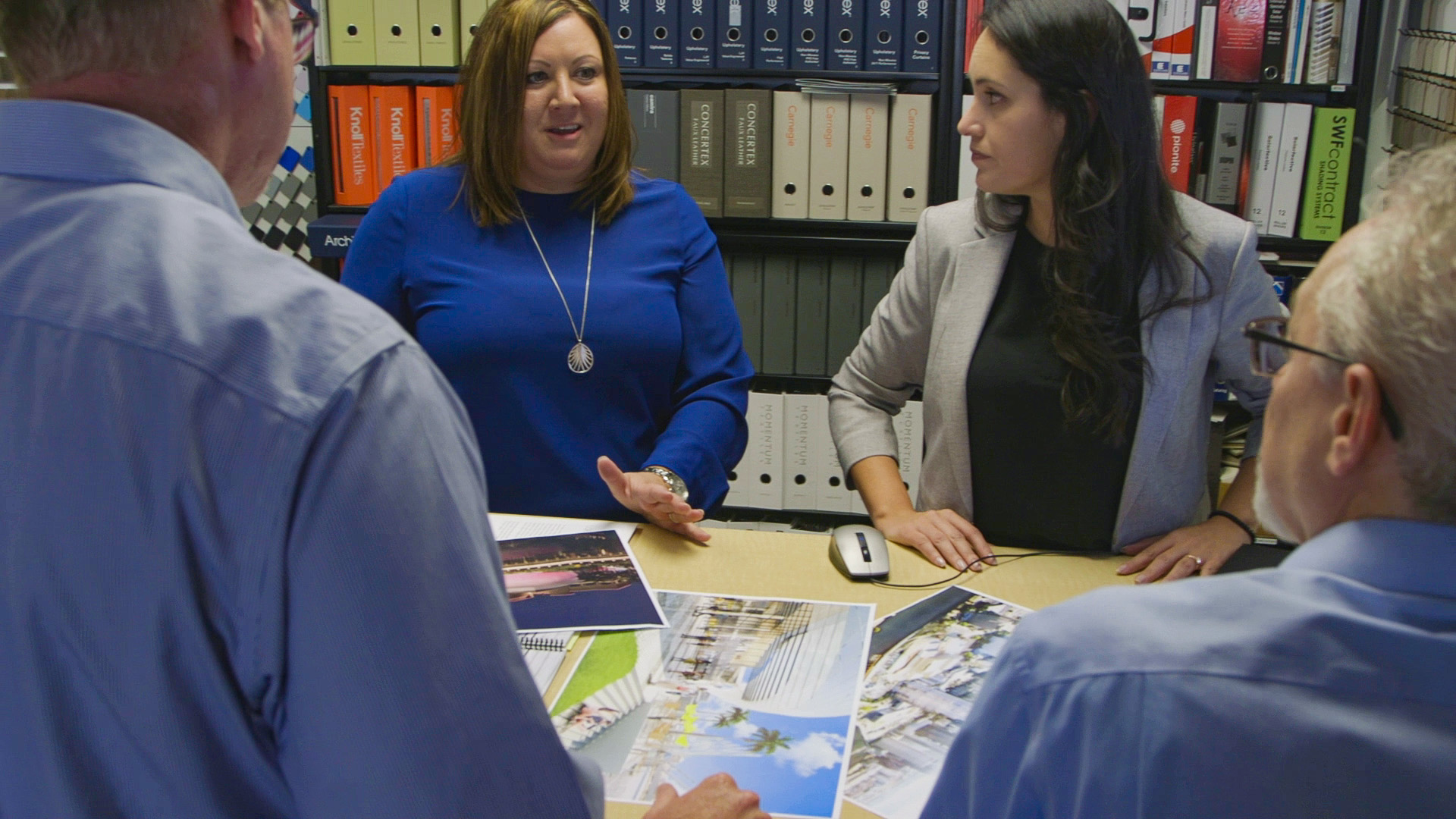
How important is it for women to lift each other up in the industry and what does that mean to you?
Jessica: It means everything to me. We need to lift each other up every chance we get. We talk a lot about mentorship, but we need to remember that sponsorship is critical, too. Ultimately, we must be advocates for one another. And we need to be walking that walk every single day. Let’s face it, we’re better together!
What is the most important piece of advice you’ve given to women considering a career in your field?
Jessica: Don’t hesitate to ask. We have all gotten to the place in our careers where we need some version of sponsorship or mentorship. So, when you get there, always raise your hand and don’t be afraid to ask for help. I think, for the most part, that we all want to give back and continue to grow. Both personally and professionally, I hope that I continue to learn something new every day and can give something back every day.
What is one of the most important lessons you’ve learned in your career?
Jessica: To take your seat at the table. When I was starting out in this industry, I attended a seminar where I was one of the first people to arrive at the conference room—I was “hungry” and raring to go! But instead of sitting at the table, I sat along the perimeter of the room.
At the time, I thought I was being polite by saving the good seats for other people. What I didn’t realize, however, is that I was taking myself out of the conversation and that my body language was saying that I didn’t belong. I had no idea that my good intentions were sending such a different message and doing a disservice to my career.
That day changed my entire outlook on my career and on life in general. To this day, I’ll tell anyone who will listen: “Take your seat at the table!”
